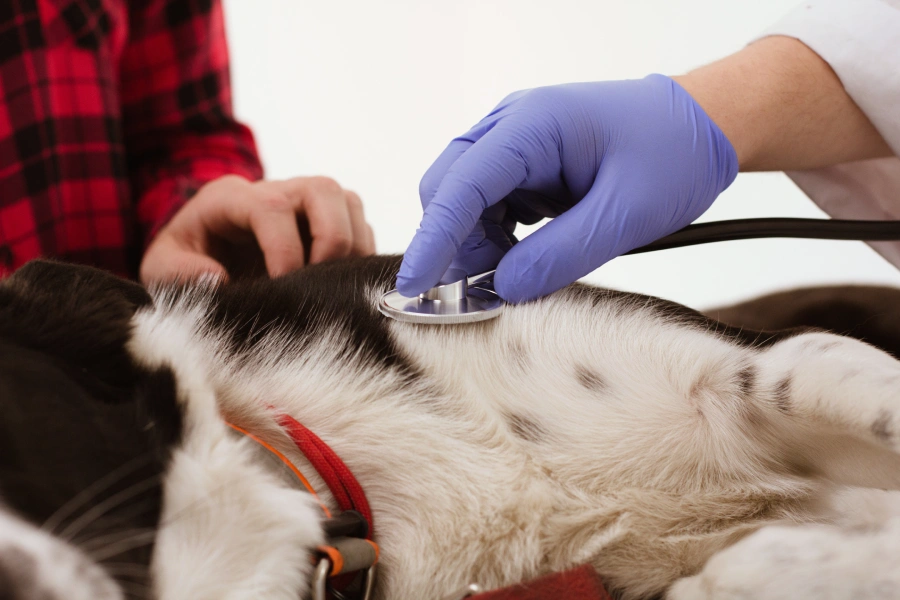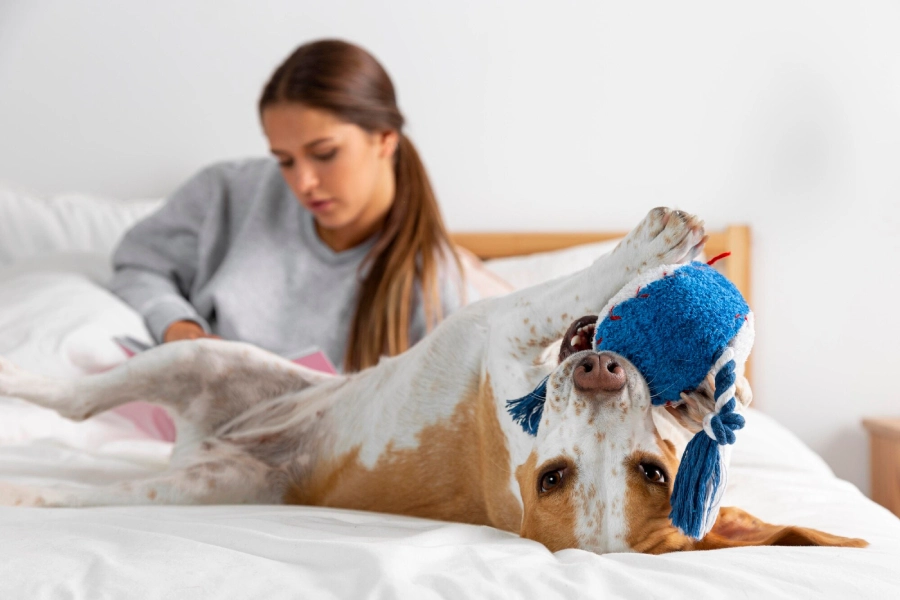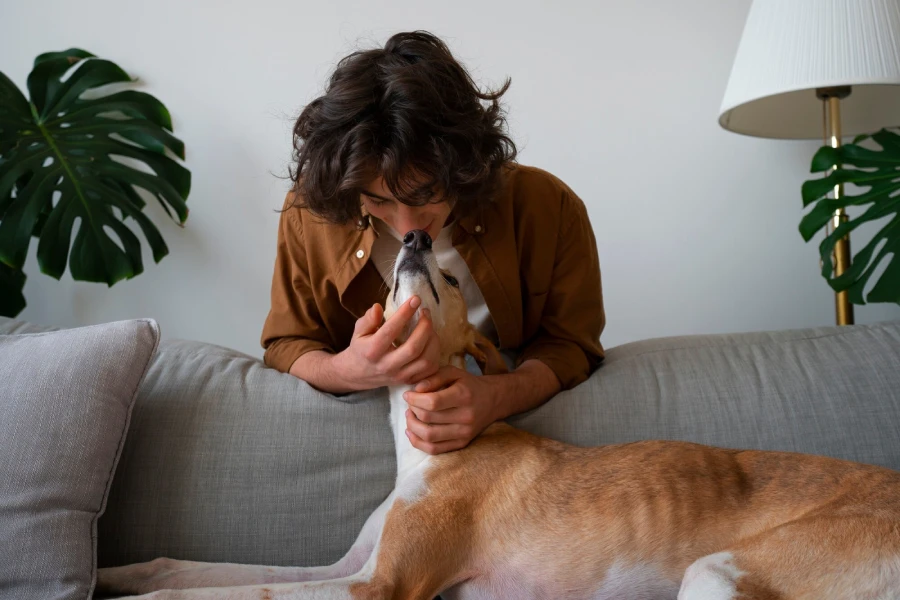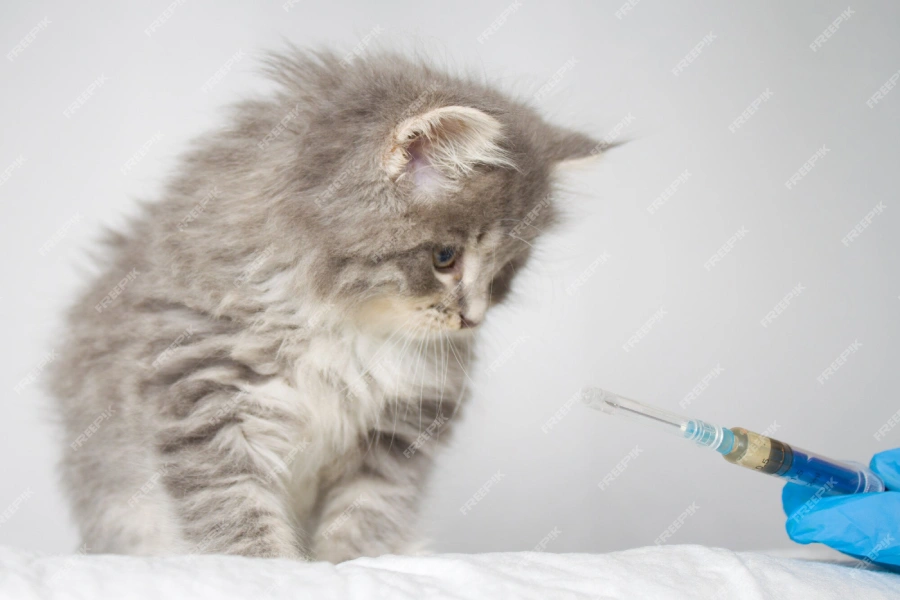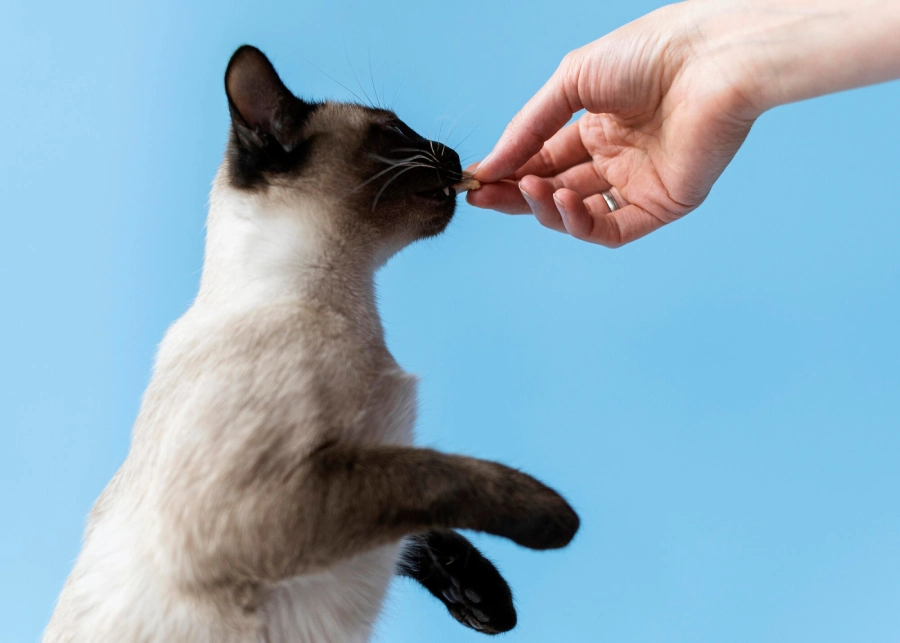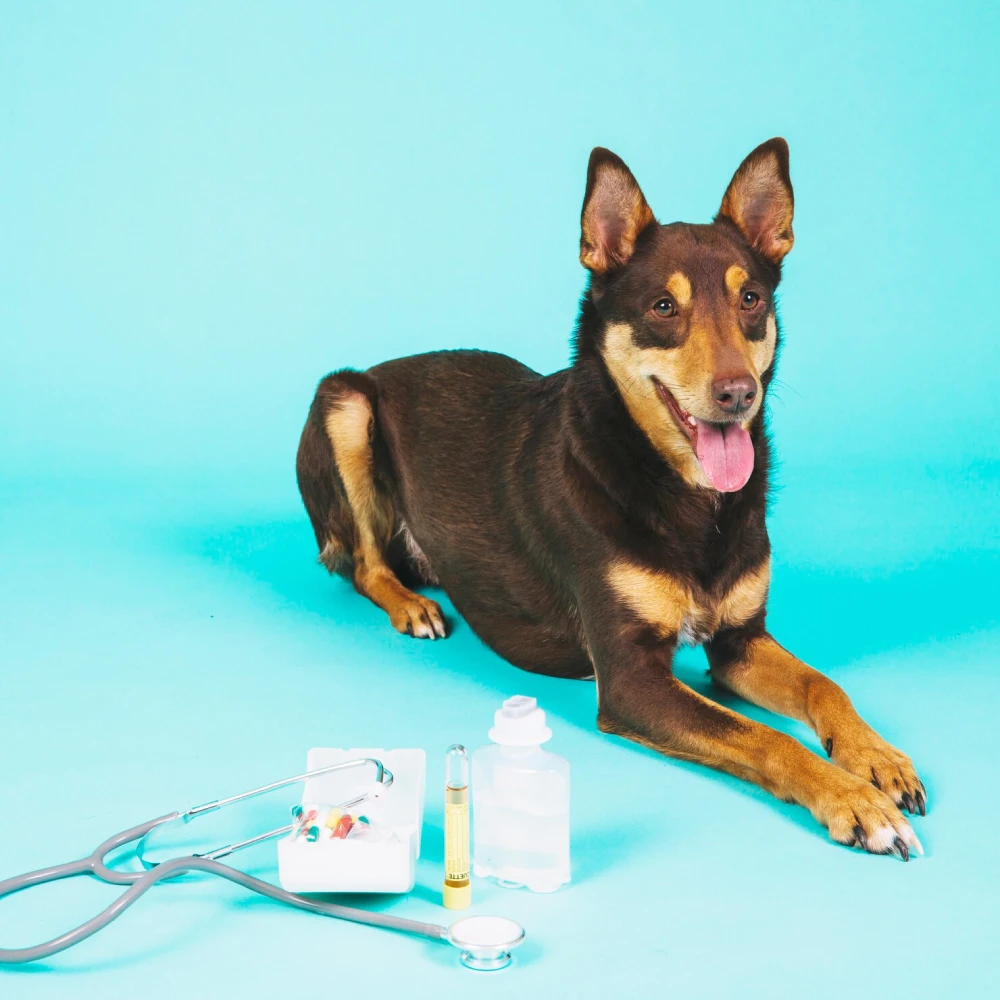
Sadly a friend of mine’s dog died last week with Leptospirosis. I wanted to write a bit more about Canine leptospirosis so we can try to eliminate these kind of tragedies happening.
Personally I have seen perhaps only half a dozen confirmed cases (by DNA test) but have seen many more patients with the disease, it’s just its very hard to get a diagnosis, as even the DNA test can be sometime inaccurate. And I’ve only seen one of these pets make it through to survive.
Canine leptospirosis is caused by an type of bacteria called spirochetes. These are similar to other bacteria except that they’re motile, which means that they can move around by whipping their tails. These are found in wild animals also, like rats. Rats can carry lots of nasty diseases. The bacteria are spread in the rats urine, often making their way into river water and maybe remaining in the soil for up to six months.
My friend’s dog lived in Sai Kung and many of the Lepto cases in Hong Kong are in Sai Kung and Clearwater Bay. Other problem areas are the Peak, Southside, Pok Fu Lam, other parts of the New Territories, such as Fan Ling, Shatin, Clear Water Bay, Tai Po. The bacteria enter a dog’s system through a break in the skin or when the dog drinks contaminated water. Dogs who spend a lot of time swimming in rivers are at increased risk, as are dogs who drink out of puddles, and dogs who spend time in gardens that stay wet after it rains. It seems that after flooding, and rainy weather, there seems to be a surge of the disease.
The disease causes liver and kidney damage and rapid death. It’s potentially contagious to people also. This dog was a fantastic dog who had a great life in a loving home, so it’s such a shame.
Here is a link for more about the disease (vetpartner.com)
Here are 10 suggestions Homevet have to help with keeping your dog’s safe.
1. Do the routine annual vaccine, protects against Leptospira canicola and Leptospira icterohaemorrhagiae. The vaccines are only produced for a few specific varieties of Leptospira, and don’t offer long-lasting immunity, so need to be repeated often. Hundreds of strains of the bacteria could exist.
2. Give another specific lepto vaccine; there are a couple available, for example Fort Dodge LeptoVax 4 includes the Leptospira serovars grippotyphosa, pomona, icterohaemorrhagiae and canicola. And there But it can be hard to get a regular supply of the vaccine from overseas. The American Animal Hospital Association only recommends using the vaccine in higher risk cases, because this vaccine appears to have a higher incidence of allergic reactions from the vaccine. Vets usually give an antihistamine routinely with it.
3. It’s impossible to guarantee protection with any vaccination schedule
4. Rodent control measures reduce the chances of infection, if you have seen rats in your area, ensure you find a safe way to treat the rat problem, take care because rat bait can be toxic to pets also.
5. In areas where Leptospirosis is common, preventing dogs from swimming in ponds and slow-moving water can also help. Faster moving rivers and the sea should be ok. Stop your dogs drinking from stagnant pools of standing water.
6. Watch for signs. Fever, joint or muscle pain (a reluctance to move), decreased appetite, weakness, vomiting and diarrhea, discharge from nose and eyes, frequent urination – (may be followed by lack of urination), yellowing of the gums, membranes around the eyes, and skin. Unfortunately most of these signs apart from the yellowness (jaundice) are pretty vague and could be symptoms of many more mild ailments also. And because no two cases are exactly alike, not all of the typical signs are likely to be present in any one pet.
7. Leptospirosis is a zoonosis- people can catch it also. It can cause flu-like symptoms in people, which in some cases can progress to serious illness. So be aware, and use good hygiene if your pets are sick.
8. Prevent rodent infestations in the first place, the best way to prevent a rodent infestation and contact with rodents is to remove the food sources, water, and items that provide shelter for rodents. So keep gardens and patio’s clean of these items.
9. Leptospirosis is found all around the world, but is especially common in wet, warm, tropical climates- like HK. An icy cold winter would eradicate the organism every winter, but that’s not the case here.
10. Enjoy a full and active life with your pet and just enjoy every day- while this disease is terrible, it doesn’t mean that your dog should not go outside.

